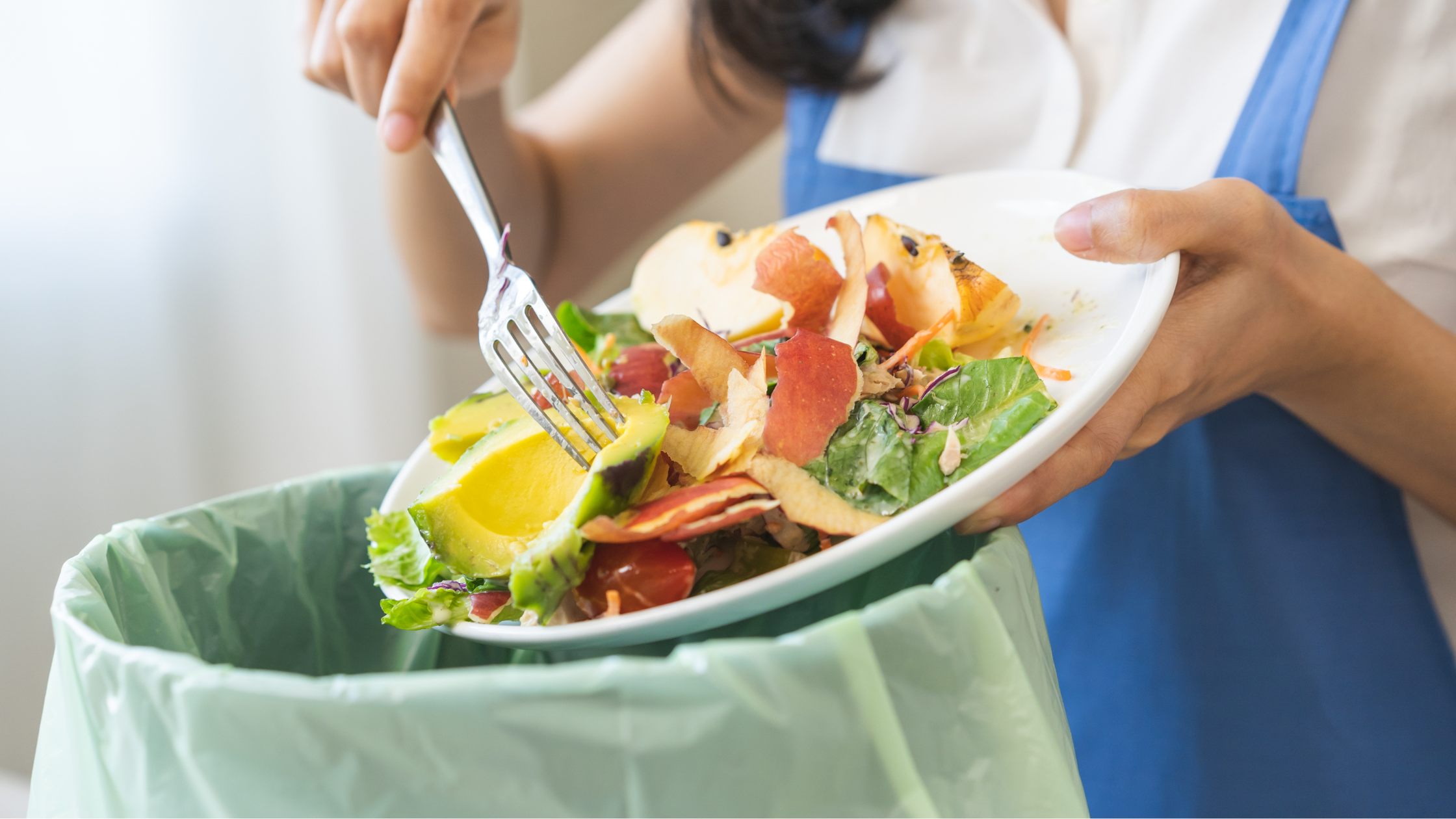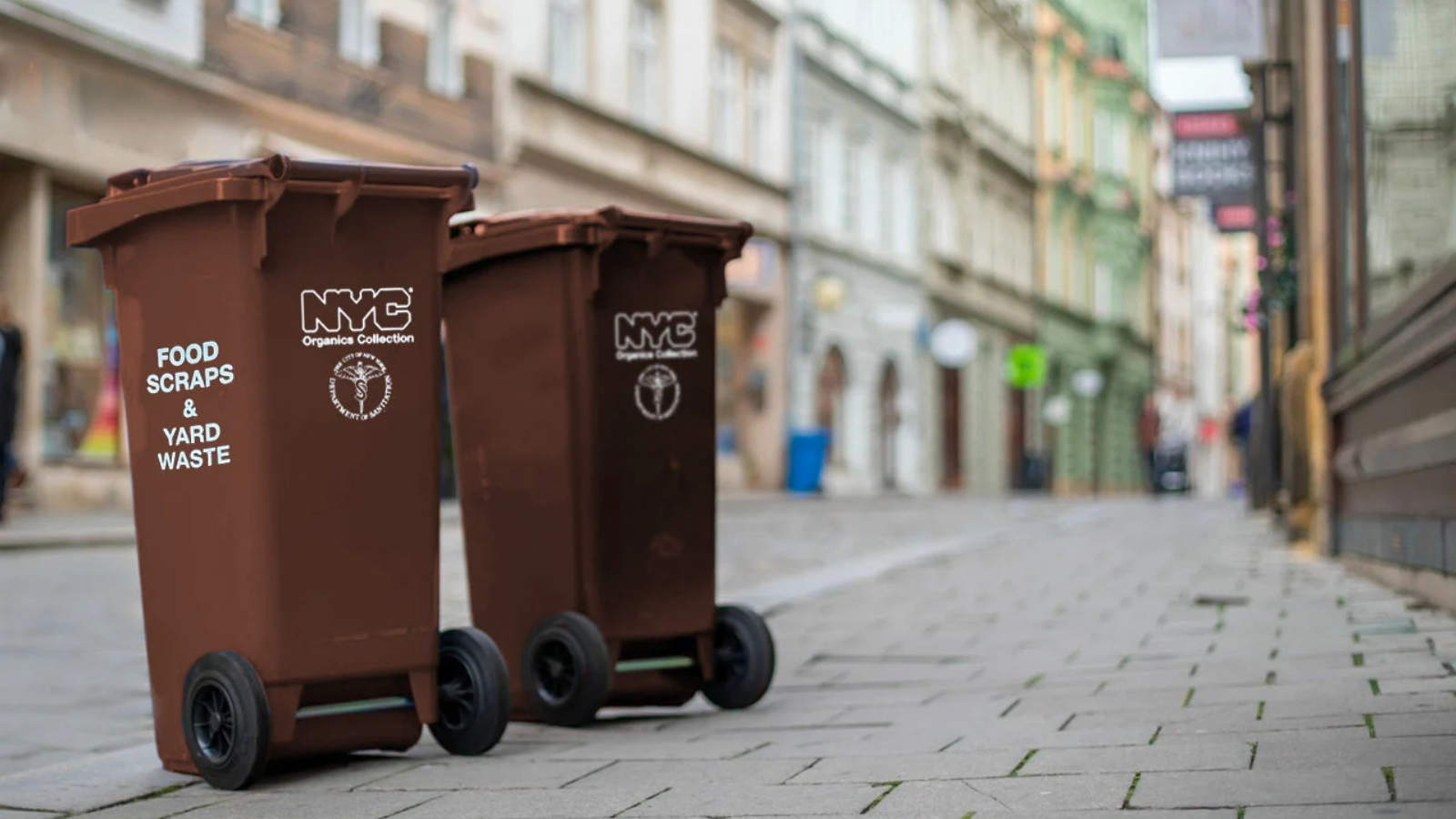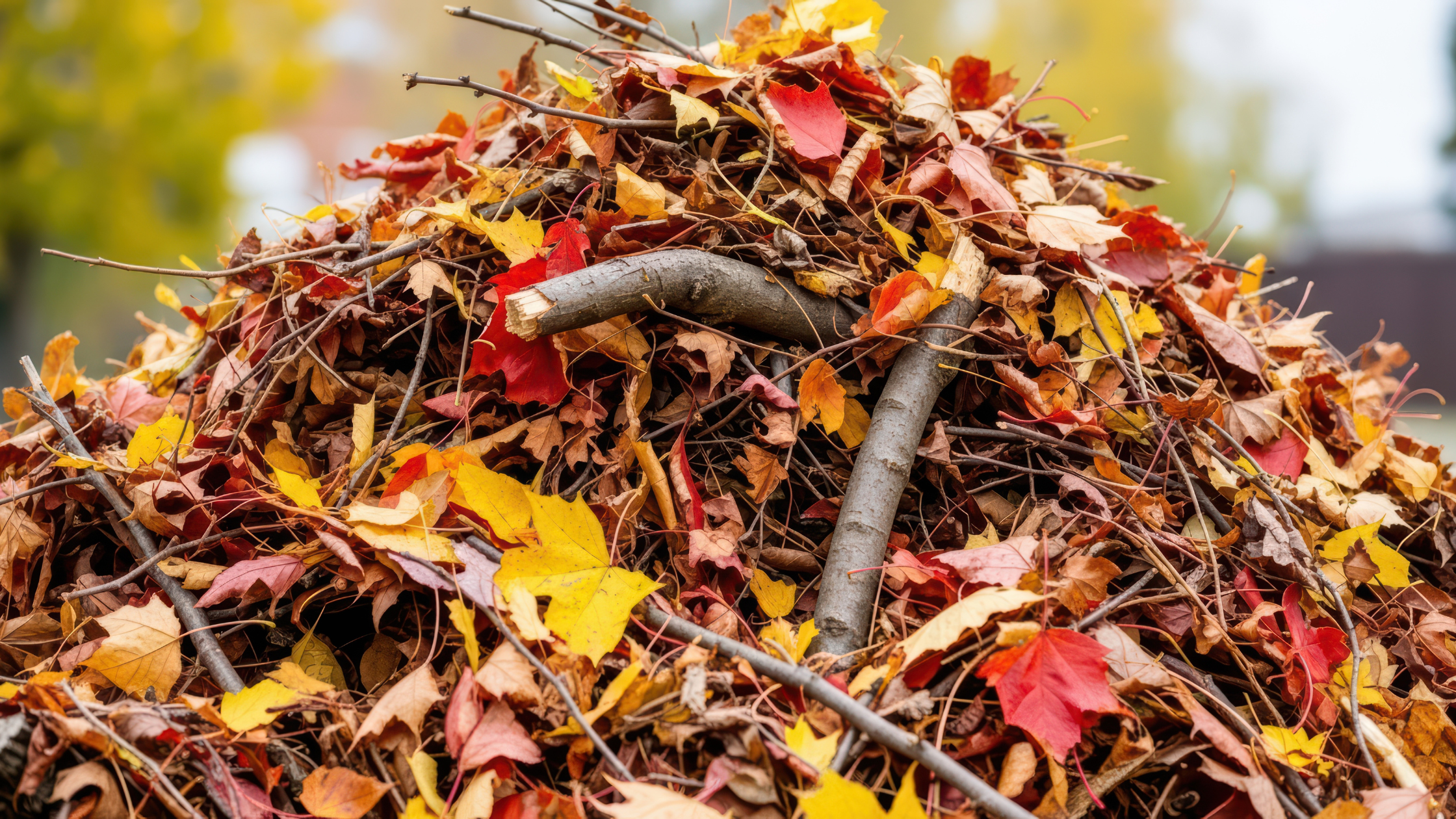Quick Read Guide
Composting is truly one of the most effective and rewarding ways to reduce waste and return precious nutrients to the soil. As more people embrace sustainability, it's natural to have questions. After all, not all composting systems are the same! You might have heard of backyard bins, large municipal programs, or even commercial facilities—and it can get confusing quickly depending on your neighborhood.
That's where we come in! At Green Paper Products, we believe composting shouldn't be complicated. We're here to be your friendly, authoritative guide. The good news? Every type of composting shares the same essential goal: to divert valuable organic matter from landfills—where it releases methane, a potent greenhouse gas—and transform it into something regenerative and life-giving.
In this guide, we'll simplify the topic by breaking down the five main types of composting systems used today. We’ll explain how each one operates and, most importantly, show you the simple, actionable ways you, your family, or your small business can get involved.

Food Scrap Diversion: Making the Most of Your Waste
Did you know that food scraps make up more than 20% of landfill waste in the U.S.? That's a huge amount of usable organic matter! Instead of decomposing naturally, these materials break down without oxygen in landfills, which releases methane—a potent greenhouse gas that's far stronger than carbon dioxide.
Food scrap diversion programs are simply a way to interrupt this process by collecting organics separately from your trash and recyclables, ensuring they get a second life as nutrient-rich compost.
While this looks different across the country (we know local rules can be tricky!), many cities are taking the lead. For example, the Department of Sanitation (DSNY) in New York City is rolling out mandated, citywide composting, requiring residents to separate food scraps, yard waste, and food-soiled paper from regular trash. Items like vegetable peels, coffee grounds, greasy pizza boxes, and certified compostable products are all accepted and collected weekly.
What if I don't have city compost pickup?
If your city doesn't yet have curbside collection, don't worry! Check for local solutions like compost cooperatives, community gardens with drop-off programs, or independent commercial collection services in your area. You can check our Find-A-Composter database and see what's near you. It's by no means a full list - (we're a small family business) - so if you see one of your local composters missing on there, please let us know and we'll be happy to add it!
These programs and services help transform everyday food "waste" into rich soil amendments by recycling those nutrients that can benefit community farms and green spaces. And, using the right supplies makes participating even easier!

City Compost: Understanding Municipal Organics Recycling
Municipal organics recycling is when your city or county handles food scraps, yard debris, and approved compostable packaging on a much larger, industrial scale. Think of it as industrial-strength composting! Cities are increasingly expanding these services as part of their bigger sustainability and zero-waste initiatives.
When you separate your organics correctly at home, these materials are delivered to regional composting facilities designed to manage massive volumes safely and efficiently.
How is it different from a backyard pile? These facilities use sophisticated techniques, like aerated static piles or in-vessel composting, to precisely control oxygen, temperature, and moisture. This controlled environment ensures the decomposition process happens much faster than in a simple backyard bin, and it reaches temperatures high enough to eliminate any harmful pathogens.
The key benefit for you is that municipal systems can usually handle materials that your home system cannot, such as meat, bones, dairy, and certified commercially compostable products. Always check your local guidelines, but generally, if a product is certified for commercial composting, it belongs here.
The end result? Nutrient-dense compost that often supports community gardens, city parks, and local farms, effectively "closing the loop" on local food systems.

Yard Waste Composting: Green Waste Made Easy
Did you know that yard waste—things like leaves, branches, and grass clippings—can take up a huge amount of space in landfills? When these materials are tossed in with regular trash, they often lack the oxygen needed to decompose naturally, which just wastes space and resources.
Yard waste composting programs are a fantastic way for cities to engage residents in waste reduction. These programs usually offer seasonal or year-round pickup options where you can place yard debris in approved lawn and leaf bags or bins for collection.
The materials are then composted into usable mulch and soil amendments, which are often used in city parks, public works projects, or sold back to residents for use in their own gardens. It's a simple, local win for sustainability!
Pro-Tip: Try "Grasscycling"
To maximize your impact, many homeowners practice grasscycling: simply leave your grass clippings on the lawn after you mow. This easy, chemical-free act returns valuable nitrogen and moisture directly to your soil, nourishing your lawn and keeping that yard waste out of the collection system entirely.

Commercial Composting: The Certified Products Destination
If you’ve ever used a certified compostable cup or plate at an event or bought them for a family gathering, this is the destination they're designed for!
Commercial composting facilities are the industrial powerhouses of the composting world. They exist primarily to process the huge amounts of organic waste generated by large-scale foodservice operations—like restaurants, universities, stadiums, and cafeterias.
They use industrial-grade equipment and scientifically monitored processes to ensure everything decomposes quickly and safely, turning waste into usable soil within weeks. This controlled environment is why these facilities can handle specific materials that a backyard bin just can't manage.
Why Certification Matters to You
At Green Paper Products, we know you want assurance that your sustainable choices are truly making a difference. This is where certifications come in:
All Green Paper Products certified compostable offerings meet rigorous standards, including ASTM D6400 and ASTM D6868. These are the industry benchmarks for industrial compostability.
Many of our products also hold BPI Certification and CMA Composter Approval. These seals confirm that a product will break down safely and completely in a real-world commercial facility, without leaving behind harmful residues.
The Takeaway: When you choose certified compostable products, you're supporting a big part of the evolution to a circular economy. You are helping to transform the old linear “take-make-waste” model into a regenerative cycle where materials safely return to the earth where they began.

Backyard & At-Home Composting: Start Today
No city program? No problem! Backyard composting is the most direct and accessible way to manage your household's organic waste responsibly. It requires nothing more than a little space, a bit of time, and a good mix of ingredients.
The Simple Recipe for Great Compost:
Greens (Nitrogen): Think fruit peels, vegetable scraps, coffee grounds, and grass clippings.
Browns (Carbon): Include dried leaves, shredded paper, cardboard, and wood chips.
Maintaining the right balance between these "greens" and "browns," along with proper moisture control and regular turning, is the key to successful decomposition. Within a few months, you’ll be rewarded with a dark, crumbly soil amendment perfect for nourishing your garden beds, houseplants, or lawn!
Small Space Solutions:
If you live in an apartment or are short on space, you still have options! Consider a smaller counter-top compost bin, using a compact electric composter or even vermicomposting (using red wiggler worms to break down scraps). These are fantastic, low-effort ways to keep food waste out of the trash.
Best of all, backyard composting is a great educational activity for families—it truly shows that "waste" can be the start of new life in your own garden!

Composting: The Simple Climate Solution & Your Role in the Circular Economy
Composting is much more than just a waste management solution—it’s a powerful, regenerative act that directly addresses climate change. Every composting system, from the citywide program to your small backyard bin, plays a vital role.
The Key Impacts:
Methane Mitigation: When food scraps decompose in landfills without oxygen, they produce methane, a potent greenhouse gas that is more than 25 times stronger than carbon dioxide. Composting diverts this waste, converting it in an aerobic (oxygen-rich) environment that drastically reduces methane emissions.
Carbon Sequestration: Finished compost acts as nature’s fertilizer, enriching soil, improving water retention, and helping plants thrive. Healthy soil acts as a carbon sink, meaning it can absorb and store carbon from the atmosphere, actively contributing to the reduction of greenhouse gas concentrations.
The Green Paper Products Difference
We know that finding the right way to participate can feel complicated, especially with local rules always changing. At Green Paper Products, we believe sustainability should be easy and hassle-free. Every certified compostable cup, plate, and bag we offer is designed to be part of evolving to a more sustainable system—built to safely return to the earth's nutrients where they began.
When you choose certified compostable products to help you properly separate your food scraps, you are taking a simple, powerful step to create a cleaner planet and support a regenerative, circular economy for generations to come.